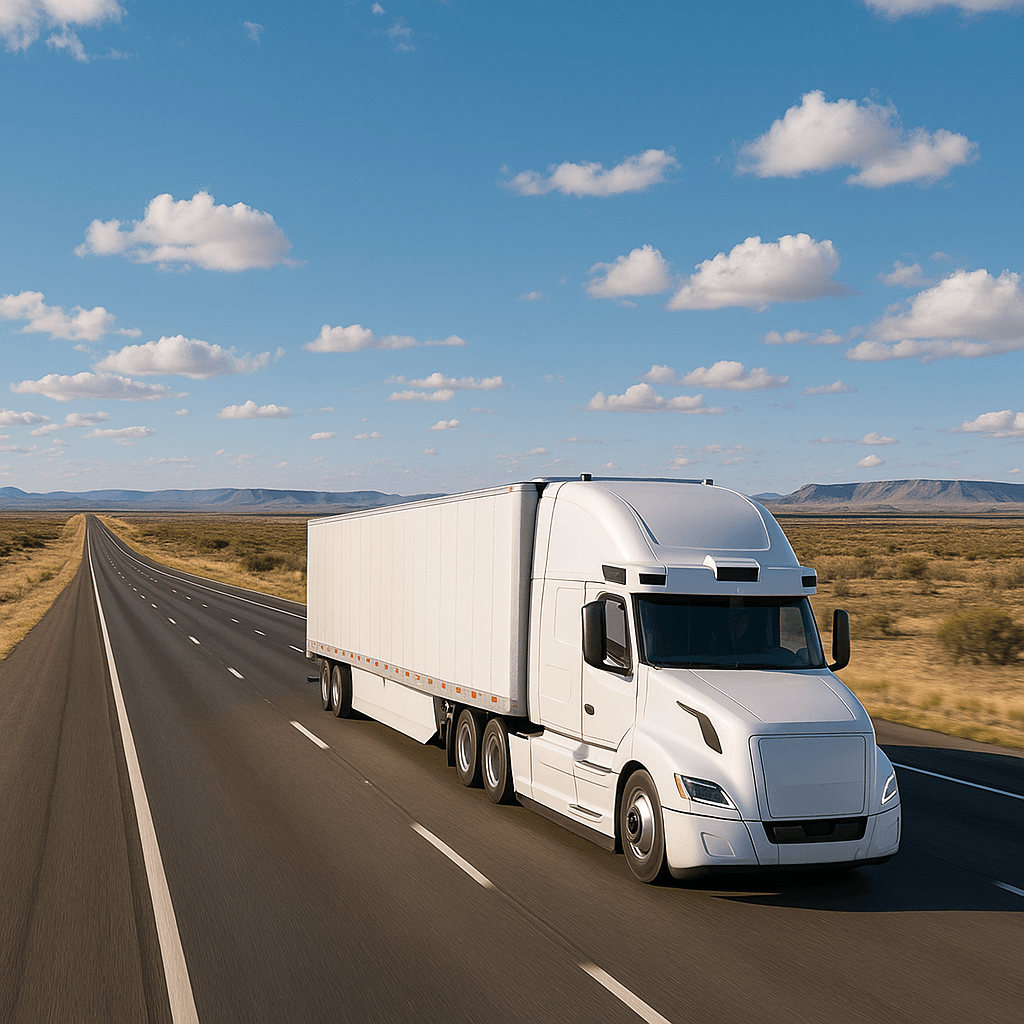Aurora just added its second commercial self-driving truck route - a 600-mile stretch from Fort Worth to El Paso - while announcing it's crossed 100,000 driverless miles on public roads. The expansion signals the autonomous vehicle company is doubling down on Texas as its proving ground, with Phoenix expansion planned by year-end and ambitious hardware upgrades that could slash costs in half.
Aurora is betting big on Texas. The self-driving truck company just rolled out its second commercial route - a grueling 600-mile haul from Fort Worth to El Paso - while hitting a major milestone of 100,000 autonomous miles on public roads.
The timing isn't coincidental. Aurora announced the expansion Tuesday alongside its third-quarter earnings, signaling to investors that its May commercial launch is gaining real traction. The company's five-truck fleet has been quietly racking up miles since launching its initial Dallas-to-Houston service with customers Hirschbach Motor Lines and Uber Freight.
But Aurora's El Paso bet is about more than just adding miles. The 600-mile route tackles what the company calls the "10-hour problem" - long hauls that push human drivers to their regulatory limits while creating staffing nightmares for carriers. It's exactly the kind of challenging route where autonomous trucks could prove their commercial value, especially with new customers Russell Transport joining Hirschbach on the western Texas run.
The real story, though, might be what's happening under the hood. Aurora dropped details on next-generation hardware that sounds like a game-changer for the economics of self-driving trucks. The new lidar system, built by Fabrinet, can spot objects 1,000 meters away - double the range of current sensors - while costing half as much to produce.
"The integration of Aurora's next-generation hardware with the Volvo VNL Autonomous on the pilot line at our New River Valley facility marks an industry-first partnership," Nils Jaeger, president of Volvo Autonomous Solutions, told TechCrunch. The partnership signals Aurora is moving beyond prototypes toward manufacturing-scale production.
The hardware improvements address two critical challenges that have plagued autonomous vehicles: weather reliability and sensor costs. Aurora says its upgraded sensor cleaning system will handle harsh conditions better, while the cost reduction could finally make the unit economics work for widespread deployment.
Aurora's roadmap reveals ambitious scaling plans. The company expects to build "hundreds" of trucks with next-gen hardware in 2026, followed by a manufacturing partnership with Aumovio (formerly Continental) that could produce "tens of thousands" of vehicles starting in 2027.












